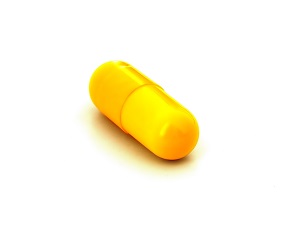
Curcumin
and EGCG Inhibit Breast Cancer Stem Cells
Keith D. Bishop, Clinical Nutritionist, B.Sc. Pharmcy - 01/01/2015
A small number of breast cancer stem cells inside the tumor are capable of sustaining and driving cancer cell
formation, growth and recurrence. The cancer stem cells possess self-renewal capabilities and resist chemotherapy
and generate tumor growth and metastasis. Bishop Natural Cancer Reports provides information on successful alternative cancer treatment strategies based on research from medical journals.
Source: http://ar.iiarjournals.org/content/35/1/39.long Click here to return to Breast Cancer Alternative Treatments. | |||||||||||
More Natural Cancer Food and Lifestyle News:
Click here to email this page to a friend. | |||||||||||
|
Why should you and your doctor
have an interest in Natural Cancer Treatment
Products? "Sixty-two percent of cancer drugs approved by the U.S. FDA between 1981 and 2002 were of natural origin."^ |

|
Natural Cancer Reports
-Medical Research Based Natural Cancer Treatment and Alternative Cancer Treatment
Information
The information and contents of this website and reports are based upon medical, university
and health industry cancer research information.
Consult with your physician or a qualified health care provider before making any changes in your medical or
cancer treatment program.
^Review Medicinal plants from Peru: a review of plants as potential agents against
cancer. Gonzales GF, Valerio LG Jr.
Anticancer Agents Medicinal Chemistry. 2006 Sep; 6(5):429-44.
*The FDA has not evaluated these statements about dietary
supplement nor any information on this website.
Dietary supplements are not intended to diagnose, treat, cure, or prevent any
disease.
Copyright © 1998-2016 All Rights Reserved NaturalCancerReports.com Natural Care Solution,
LLC.

 In a laboratory setting researchers used two breast cancer cell lines with HER2 and treated them
with curcumin with or without EGCG. The combination of curcumin and EGCG treatment reduced breast cancer cell
growth by reducing CD44 and inhibiting STAT3 phosphorylation.
In a laboratory setting researchers used two breast cancer cell lines with HER2 and treated them
with curcumin with or without EGCG. The combination of curcumin and EGCG treatment reduced breast cancer cell
growth by reducing CD44 and inhibiting STAT3 phosphorylation.